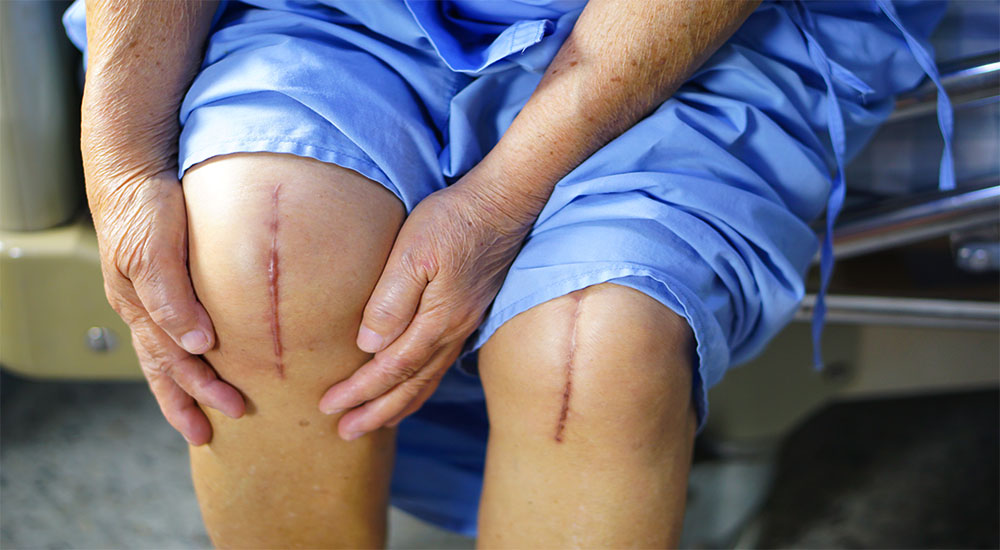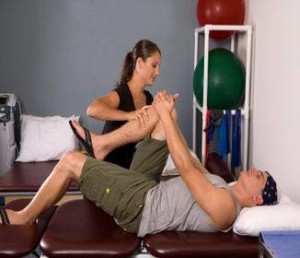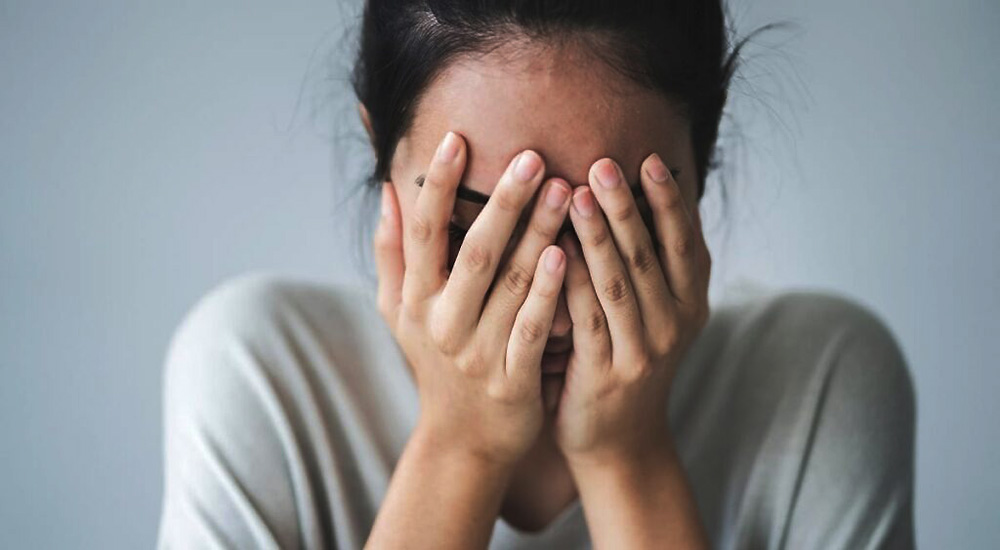Had a Knee Replacement? Why You Need a Physical Therapist

Getting Surgery Can be Helpful, But Not Without Rehab

Unfortunately, most patients are told only about how the surgery helps in decreasing pain levels and assists them in getting back to their active lifestyle. Very few are actually told the realities of how important rehab is or how difficult it can be to truly regain full range of motion or strength in the replaced knee.
As a physical therapist, I too often see patients coming in for a post-surgery appointment with absolutely no idea of what it will take to restore their knee back to the flexibility and strength they desire.
What is Important to Know, Pre- and Post-Surgery
Ideally, there are several things that should be done to ensure a full recovery after a knee replacement:
1. Pre-op Physical therapy
Once the surgical date is fixed, patients should immediately start with a rehab program to get into readiness for the surgery and potential complications of post-surgery. Research has shown that those patients who exercise and loosen up the knee and hip muscles prior to surgery do much better than the ones who do not.
Pre-op Physical Therapy focuses on strengthening all the knee and hip muscles especially the quadriceps (thigh muscle) and gluteals (buttocks muscle). Physical therapists work beforehand on gait training because this improves and maintains joint awareness post-surgery.
Understand that a joint is literally being replaced with something artificial. For the body to adapt to it successfully, much needs to be done in anticipation of the surgery.
2. Pre-op Education
Comprehensive education on what the Physical therapy program will entail is vital. There are several stages to this program that include:
• the hospital stay
• home health care
• outpatient therapy
The purpose of this education is to help patients prepare physically and psychologically for their surgery. They definitely need to know what to expect and I find that a thorough education helps considerably.
3. Post-op Physical therapy in an outpatient setting:
Post-operative physical therapy is a vital aspect of the rehab for knee replacements. I have seen many patients not get adequate rehab and continue having gait and strength abnormalities.
You chose the surgery to be able to maintain using the joint, imagine the disappointment when, after surgery, a patient feels no better. This can be avoided if the patient insists that they receive outpatient Physical Therapy from a qualified doctor of physical therapy.
All too often patients are only offered a handout of exercises or the recommendation to attend some classes.
A good physical therapist will:
• Utilize manual therapy to decrease muscle spasms around the hip, knee, and pelvis
• Restore proper alignment to the spine, often done in coordination with a doctor of chiropractic
• Train the patient on how to regain optimum strength in the quads via focused exercises, muscle stimulation, etc
• Train extensively in gait and balance until the joint is in a natural balance with the rest of the body
The Goal for my Patients
As a doctor of physical therapy, my ultimate aim is to restore all aspects of a patient’s active lifestyle post-surgery. What I have discovered after working with hundreds of patients, is that if the above recommendations are planned and implemented, that goal can be a reality. If you or someone you know is considering a knee replacement, please consider coming in for a free consultation. We’d be delighted to help. Sometimes surgery can be postponed or even avoided altogether with the appropriate physical therapy program. Let me know if you have any questions.
Do you need help with your health?
We have the diagnostic and testing tools, the clinical experience, and a different medical approach to discovering the root cause of why you have the symptoms that are bothering you. As long as you are ready to make some dietary and lifestyle changes, we can help you. We will "hold your hand" through the changes, step by step, to make each step an easy one. We are located in Clearwater, FL, at 1000 S Ft Harrison, at the corner of Ft. Harrison Ave. and Magnolia St. There is plenty of parking space directly accessible from Ft Harrison. If it is not convenient for you to come to Root Cause Medical Clinic, we offer telehealth/telemedicine consultations to residents of certain states. Call us for details.
Contact us for a Consultation – Call 727-335-0400
Ask a Doctor
Have a health concern you'd like to speak with a doctor about? Or just want clarity on a subject? Ask Us!
Featured Articles
Popular Stories

Dr. Rupa Chakravarty DPT, OCS
Director of Physical Therapy at Root Cause Medical
Doctor of Physical Therapy, Orthopedic Certified Specialist
Dr. Chakravarty has numerous certifications for different techniques in Physical Therapy practice. She employs an extensive array of manual as well as exercise techniques to manage her patients’ symptoms during their course of therapy.


